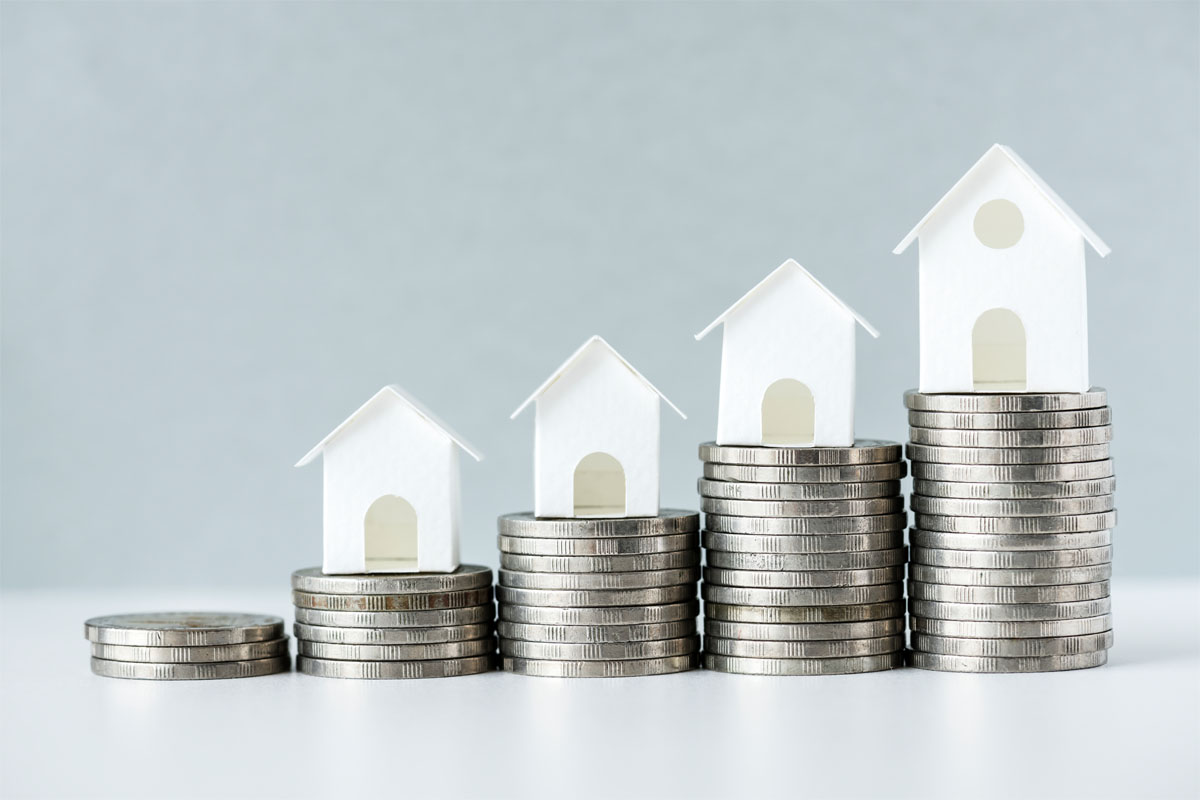
Flipping Houses in the Phoenix Valley: The 2025 Scoop
Market’s Cooling, But Opportunity Lingers
Phoenix is no longer the red-hot furnace it was during the pandemic years. Listings are being delisted at the highest rate in the country, nearly 30 homes per 100 listings were pulled before selling in May 2025—as buyers resist the sticker shock of high asking prices. Sellers are now having to negotiate harder than they did just a year ago. Axios
But hold on, don’t nod off yet! Inventory isn’t ballooning, so it’s not a sudden crash. It’s more of a recalibration. A good potential flipper watches those de-listings as a nudge that sellers may be ready to strike better deals. theravenscroftgroup.com MarketWatch
Phoenix Still Rings With Flipping Potential
According to Frontflip, Phoenix still leads flipping activity across Arizona. Homes are fetching solid interest and higher price points, making it a primary flip zone for keen renovators.usefrontflip.com Staying competitive on renovation costs and timing still matters, but the demand remains steady.
And when you dig into overall real estate trends, the market isn’t slipping fast; it’s just leveling off. More listings, stable demand, and a shift back toward balance, not collapse.trueparity.com rosenbaumrealtygroup.com
A Word on Profits
Here’s some eye-opening intel: Flippers in Arizona net around $51,882 per flip on average, with gross profits hovering at 14.9% on median-priced homes (about $450K). That’s nothing to sneeze at. It shows the system still works if you do your homework. Houzeo
Brad’s Take: Is it Still a Good Time to Flip?
Yes—with sharp strategy.
-
Buyer power is on the rise. Sellers are more flexible. That gives you room to negotiate, and that’s where savvy flippers step in.
-
Profit margins are still respectable. Half a hundred grand won’t come easy, but those numbers are real—and they’re still holding.
-
Inventory is balanced, not flooded. You won’t need to compete with a deluge of flips, but you’ll want to source well and move smart.
If you’re ready to:
-
Find deals under the radar,
-
Control rehab costs carefully,
-
Wait for the market’s freshly calibrated value,
…then flipping in 2025 Phoenix still rings like opportunity.
Quick-Read Takeaways
| Factor | How It Impacts Flipping |
|---|---|
| Delist Trend | Sellers pulling listings = better leverage |
| Inventory | Balanced, not saturated—low-level competition |
| Profit Margins | Still decent if rehab and buy-in are smart |
| Market Tone | No frenzy, but a stable reset—ideal for thoughtful flippers |
So, there you have it, Phoenix flipping in 2025 is less sprint, more steady jog. But if you’ve got patience, knowledge, and confidence, this can still be your course to run.
Hard Money Lenders in Phoenix, AZ
When you are searching for hard money loans near me in Phoenix, Scottsdale, Glendale, Tempe, Mesa, Chandler, or Gilbert, Arizona; Brad Loans is Arizona’s most trusted direct hard money lender! We specialize in hard money loans for Fix and Flip, refinancing mortgages with bad credit, business loans secured by real estate, real estate purchases, short sales, and other endeavors with quick turnaround in the Phoenix Valley.
BradLoans.com is the most trusted direct hard money lender and private money lender in Arizona! We are the best hard money lender in Arizona with the ability to fund commercial & residential hard money loans many times within a couple of days or less. Our lending rates and fees are reasonable compared to other Arizona hard money brokers or mortgage brokers in Arizona.



